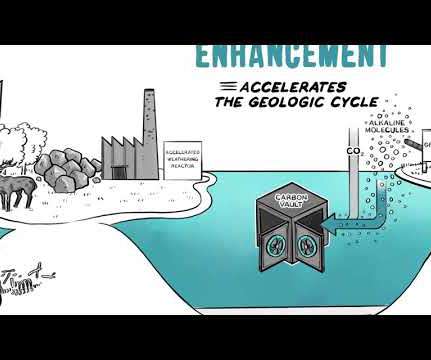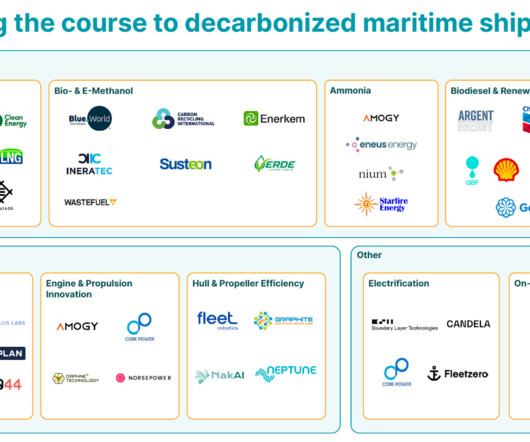Ocean-based sequestration heats ups
GreenBiz
FEBRUARY 1, 2021
Over the past few years, as companies have come under steadily increasing pressure to tackle climate change, nature-based solutions have emerged as a particularly exciting method for shrinking corporate carbon footprints. Investing in forests can be a win-win that both sequesters carbon and regenerates nature.






















Let's personalize your content